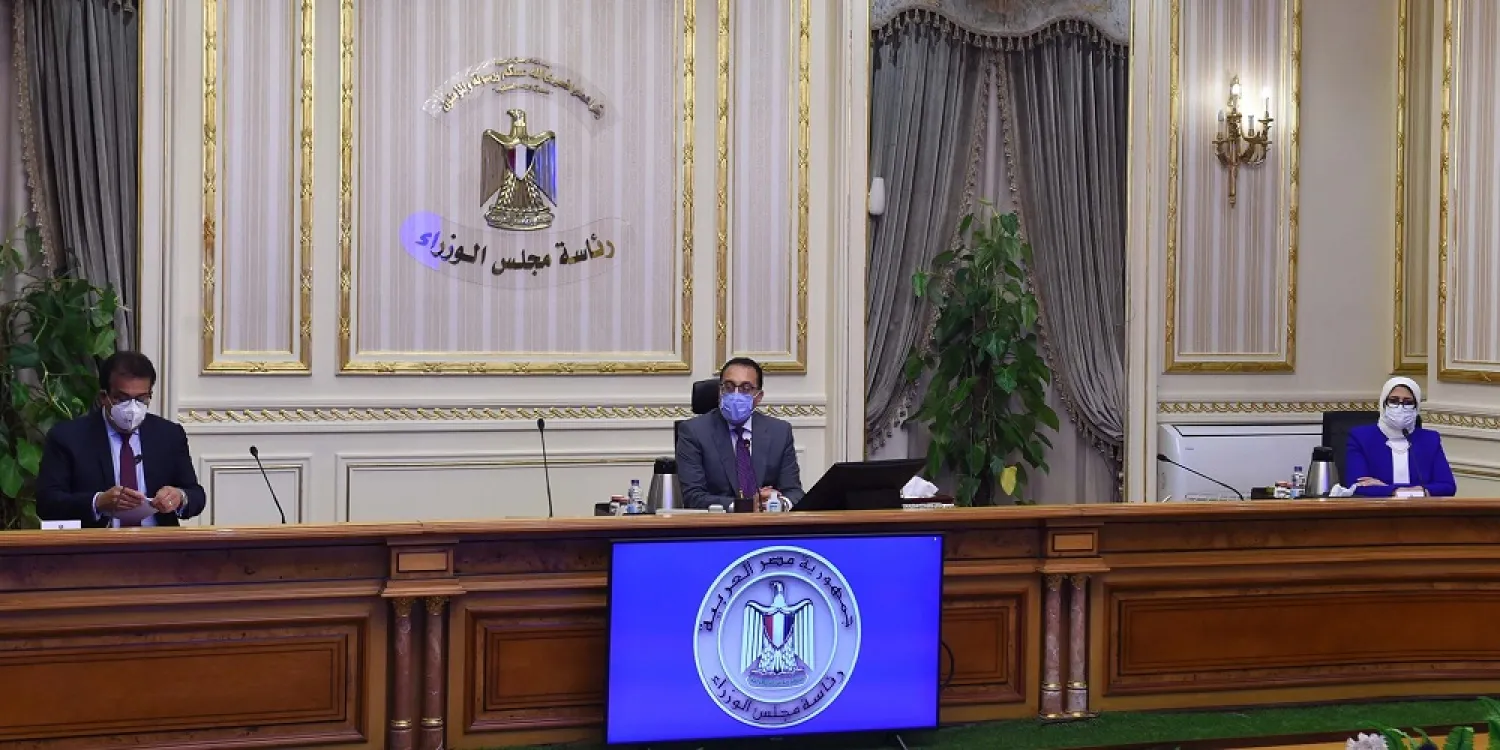In an effort to accelerate the medical response to coronavirus cases in Egypt, the government announced it was updating and creating a link of databases of vacant beds in higher education hospitals to the Health Ministry’s database.
The government hopes that once the information is made available to the ministry and ambulance services, this would facilitate and speed up the transportation of patients and critical cases to healthcare facilities depending on vacancies.
Public hospitals in Egypt are run by the Health Ministry, while the Ministry of Higher Education separately handles higher education hospitals.
On Monday, Prime Minister Mostafa Madbouly inaugurated Egypt’s first field hospital at Ain Shams University in Cairo.
During a government meeting with the Ministers of Health and Education, Madbouly stressed on Tuesday the need to provide various medical supplies and medicines to all hospitals.
He also emphasized the need for daily coordination on the coronavirus outbreak between the Ministries of Health and Higher Education, as well as the head of the Egyptian Consolidated Purchase and Medical Supply Committee, and the head of the Egyptian Medicines Authority.
The PM ordered the two ministers to fully coordinate to facilitate the provision of intensive care rooms and ventilators for the critical cases. He further affirmed the importance of activating the hotlines that provide service to citizens.
Government spokesman Nader Saad announced that the meeting also stressed the importance of expanding follow-up services for chronic and non-communicable diseases in Health Ministry hospitals and university hospitals.
Saad announced that the PM stressed the need for vehicles that will follow up on medical conditions, dispense drugs for patients and provide check-ups for medical staff.
Meanwhile, the Interior Ministry announced that all drivers of public transportations must wear masks to reduce the spread of the coronavirus and preserve public health.
The Ministry said in a statement that about 3,877 public drivers were arrested for not wearing masks.
Egypt has made it compulsory to wear face masks in public places, transportation, and facilities as part of health measures to “coexist” with COVID-19, with violators facing a fine of about $246.









